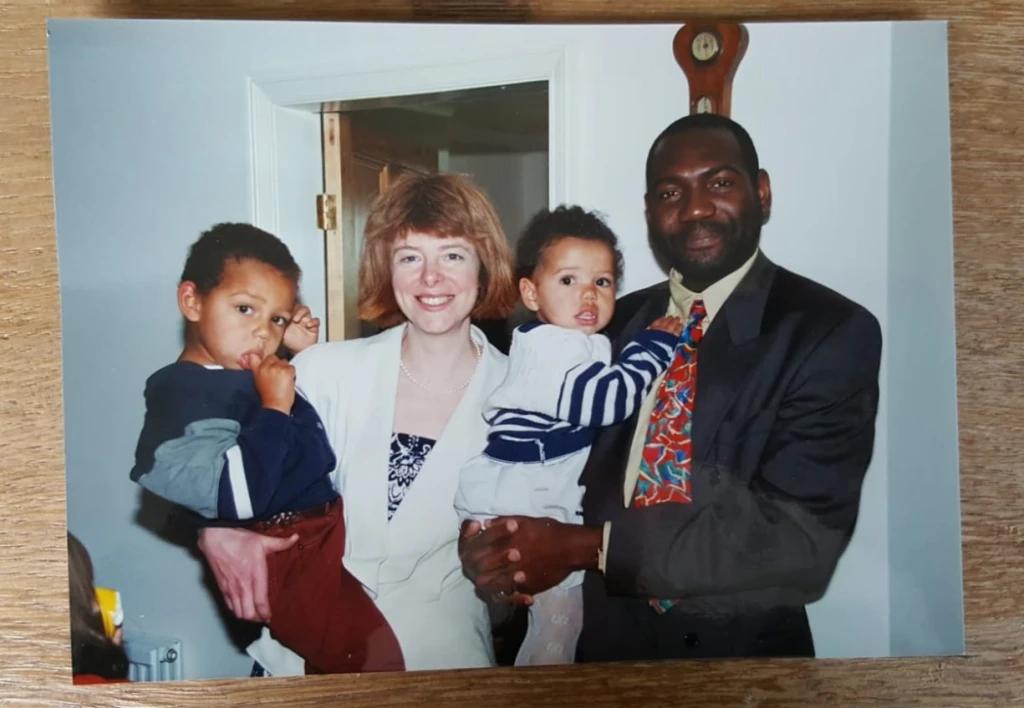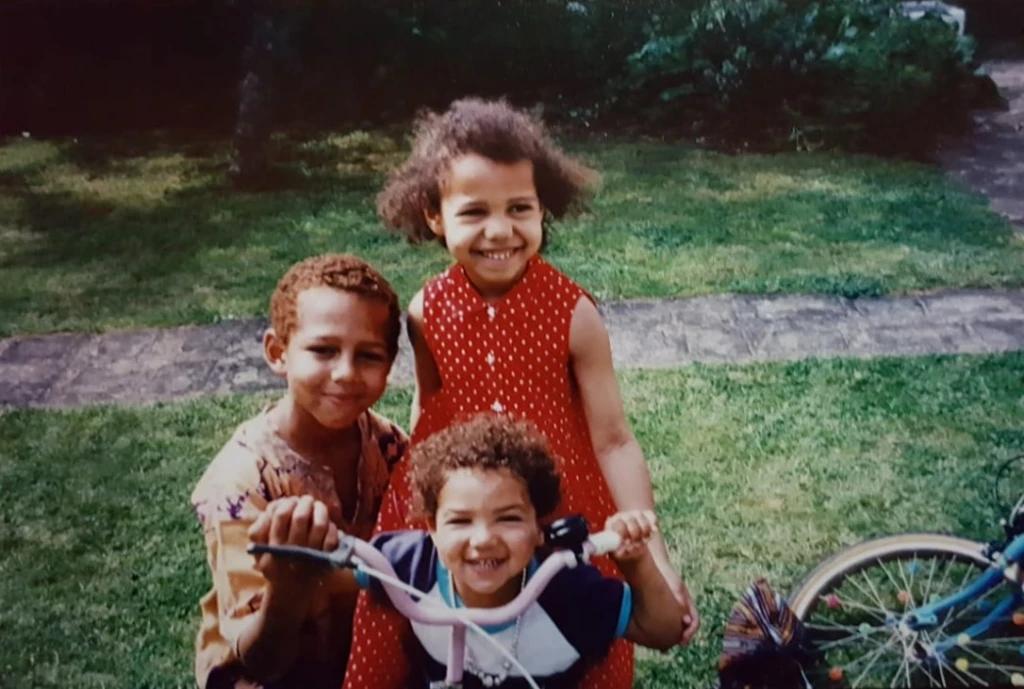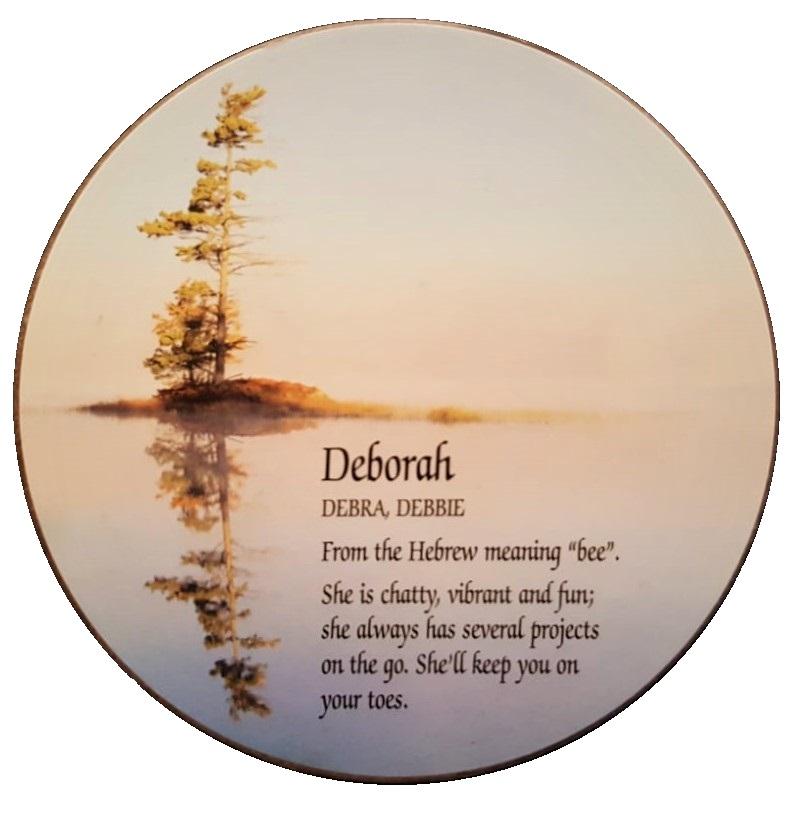Fried Yam in the Museum

“Among the Ibo the art of conversation is regarded very highly, and proverbs are the palm-oil with which words are eaten. Okoye was a great talker and he spoke for a long time, skirting round the subject and then hitting it finally.”
Last year, I re-read Things Fall Apart, Chinua Achebe’s 1958 novel set in pre-colonial Igboland (Southeastern Nigeria). The quote above stood out for me. Growing up, a narrative started to take shape that my dad was a “poor communicator”. As a teenager, I grew frustrated that explaining a task or recounting an experience often involved my dad circling around the block three times with a good few detours on the way. But in his novel, Achebe was describing this frustrating habit as an art form. Considering Achebe’s words alongside my research into curatorial and decolonial practices has led me to think deeply about what we actually desire from communication in museums and in society.
Museums were established as places of education. Communication with audiences — through text panels, labels and tours — aimed to educate the public and impart knowledge. This was not only factual nuggets about individual artefacts, but propaganda about entire continents, as well as what distinguished a good, functional teapot from an ugly, overly-embellished one. Over the decades, different priorities have come to the fore — accessibility of language, for example. But while attempts have been made to make texts more engaging in science and history museums, in most art galleries the key premise seems to have remained the same: for the knowledgeable to impart information clearly and succinctly to the visitor. This got me questioning: what does clear communication mean, and what is being privileged?
In my MA in Curating the Art Museum, I was taught that clear, effective communication means that information should be delivered in simple language. Ideas should be to the point, and not rely on previous knowledge to be understood. This is where my dad falls down. Like Okoye in Things Fall Apart, he doesn’t get straight to the point. But while Okoye is “a great talker”, if my dad were the interpretative texts for an exhibition, he would require a serious bout of editing.
Over Christmas, I was reminded of this ambling style of communication. My two brothers and I have Igbo middle names, and my dad was explaining their meanings. I’d understood that my middle name, Nkechi, meant “thank you, God”, but apparently this was not the case. To explain, my dad took a piece of the fried yam we were having for dinner and cut it in two.
“This piece is for me,” he said, picking up the first half of the yam. “So, nkem, my own. Nkechi is this other piece,” he indicated the second half. “It’s God’s own.”
“So I’m God’s share of the yam?” I exclaimed, confused.

Other Igbo names had different stories, invented by my dad to help us understand meaning when we were lacking both language and context. Chidi, my younger brother’s middle name, was described as driving a car along a road towards a bridge which, unbeknownst to you, has collapsed. As you get closer, something makes you look up and notice the danger, saving you from driving headfirst into the river. “Chidi! God exists!” Ikenna, my older brother’s middle name, was a stranger carrying an injured person to safety up many flights of stairs, and somehow making it to the top despite their heavy load. “God’s strength! Ikenna!”
These names also take on secondary meanings. According to my dad, my Aunty Chioma’s name means when you’re wandering, hungry and desperate for food. You see a house ahead but it doesn’t look at all welcoming and is surrounded by barren land. It’s the only place for miles, so you have to try and see if someone will help you. When you go inside, the people who live there are generous and lay out some food for you. “God is bountiful! Chioma!” She was born in 1973, not long after the Biafran War when over a million Igbo people died of starvation, and was also perhaps a welcome surprise to my grandparents, born 7 years after the next youngest, my Uncle Kene (Kenechukwu being a name which is often given to the last child in a family). My name Nkechi carries the unfortunate meaning “next time we’d like a boy”. My younger brother still hasn’t thanked me.

In the many names and their stories that my dad recounted to us that evening around the table, there was never a straightforward answer nor neat soundbite I could take away. Teenage me would have been furious: “no, but what does it literally mean, dad?” At school, I had been taught that questions have answers and the best answers explain clearly. My first name is Deborah and I once bought a coaster that said “Deborah: from the Hebrew meaning bee”, and I liked how concise and factual it was. But how much poorer would Nkechi be if my dad had synthesised it down to “Nkechi: from the Igbo meaning God’s own”. It may be clearer, but what does it actually communicate, what does it mean?
Museum interpretation I don‘t often see:
conversations, opinions, stories, poems, doodles, music, metaphors
I think it is time to re-evaluate what we are privileging in art interpretation. I would love for artworks to be translated to me, the visitor, in a way that communicates more than factual knowledge. By condensing objects and works of art down to a few dry — but clearly communicated — sentences on a wall, the emotions, the passion, the drama of life are reduced to an educational or academic exercise. Why can’t they be joyful and funny, or heartbreaking and devastating? Why can’t they be illustrated with pieces of fried yam like Nkechi can?
A version of this article was published in the Courtauld's postgraduate journal, Immediations, in 2023.